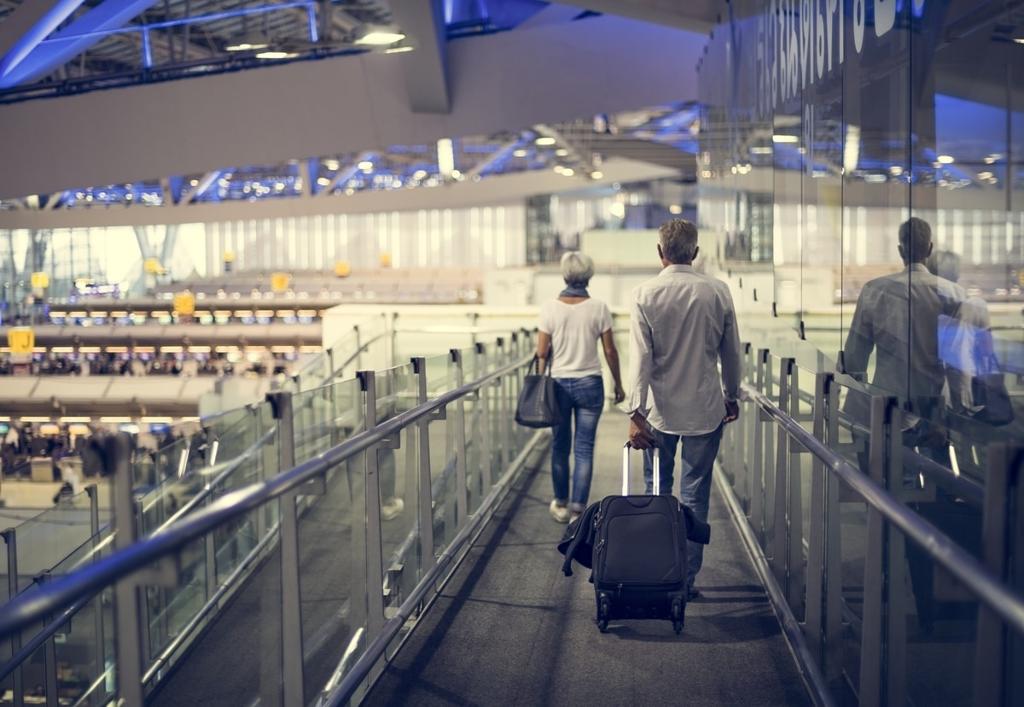Costa Rica Passes Law To Attract Foreign Pensioners
QCOSTARICA – Costa Rica’s legislature approved, in the first debate, a bill that reduces the minimum amount that a foreign pensioner or rentier must invest to obtain a ten-year residence in Costa Rica.
 Legislators maintain that the initiative will help to reactivate the economy through the investment of foreigners
Legislators maintain that the initiative will help to reactivate the economy through the investment of foreignersThe sum will drop from a minimum of US$200,000 to US$150,000, in real estate, registrable assents, shares, securities, and productive projects or projects of national interest, that the foreigner must demonstrate to immigration to opt for a temporary residency as an investor.
The proponents consider that it is an economic reactivation initiative, since the arrival of foreigner investors in the country would increase the consumption, as well as the provision of private medical services, and would generate jobs.
35 legislators voted in favor and 10 against the bill that was proposed by PLN legislator (and currently president of the Legislative Assembly), Silvia Hernández, PUSC legislator, María Inés Solís, and PRN legislator, Mileidy Alvarado.
“Costa Rica has the necessary conditions to attract people with healthy capital to invest or retire in the country, generating greater opportunities for employment and consumption. It is a one-off action to generate more dynamism in the economy that also translates into job opportunities for Costa Ricans,” said Silvia Hernández.
Some changes
The text approved on Tuesday (June 8) went through some revisions compared to the one that was ruled by the Tax Affairs Commission on November 17, 2020.
For example, the new text specifies that, in addition, “beneficiary investors” may be considered “those who invest in venture capital funds or in sustainable tourism infrastructure projects”.
Also, the permanence in the country of those who enter as investors, pensioners or rentiers is extended to 10 years.
Costa Rica’s immigration law already allows the entry and temporary stay for a period of between three months and two years, which is extendable.
Initially, the proposed bill extended that term to five years, but the approved text extended the benefit to 10 years.
“Investors, rentiers or beneficiary pensioners who opt for said benefits during the first five years of the law, will keep them for a period of 10 years from the date they were granted,” reads the text.
Another variant was that, initially, investors, pensioners or rentiers could import a vehicle for personal or family use, free of import and tariff taxes, sales and economic stabilization, which could be sold or transferred to third parties, also exonerated.
The benefit was extended to two vehicles, for personal or family use, with the clarification that these can be for land, air, or sea transport.
Said automobiles are free from “all import, tariff and value added taxes,” the bill states.
Another novelty of the text is that it includes an article specifying that foreigners classified as investors, retired residents or rentier residents who invest in Costa Rica will not be automatically considered tax residents.
Tax residence is typically linked with worldwide taxation, allowing countries to collect from their tax residents income obtained anywhere in the world.
Other benefits
The bill also regulates the following benefits:
- Exoneration, for a single time, of import customs taxes on household goods. This would include home furnishings, appliances, decorative items, kitchen and bathroom utensils, and bedding.
If the person transfers these assets to another, they must pay the exonerated tax and, in the event that they lose them, they may also replace them, exempt from tax.
- The amounts declared as income under this rule, for example, the monthly pension received from abroad, is free of income tax. Only the profits obtained in national territory, a product of their investments, would pay tax. However, in the event that his residence is canceled, the foreigner must pay all the taxes that the law exempted him.
Accordingly, whoever alters or falsifies documents in order to obtain benefits from this initiative, must pay the taxes that were exonerated. And sanctioned with a fine equivalent to 10% of the taxes that were exonerated.
The bill requires second debate, which is set for today, Thursday, June 10. If approved, it would then require the signature of President Carlos Alvarado and publication in La Gaceta to become law.

